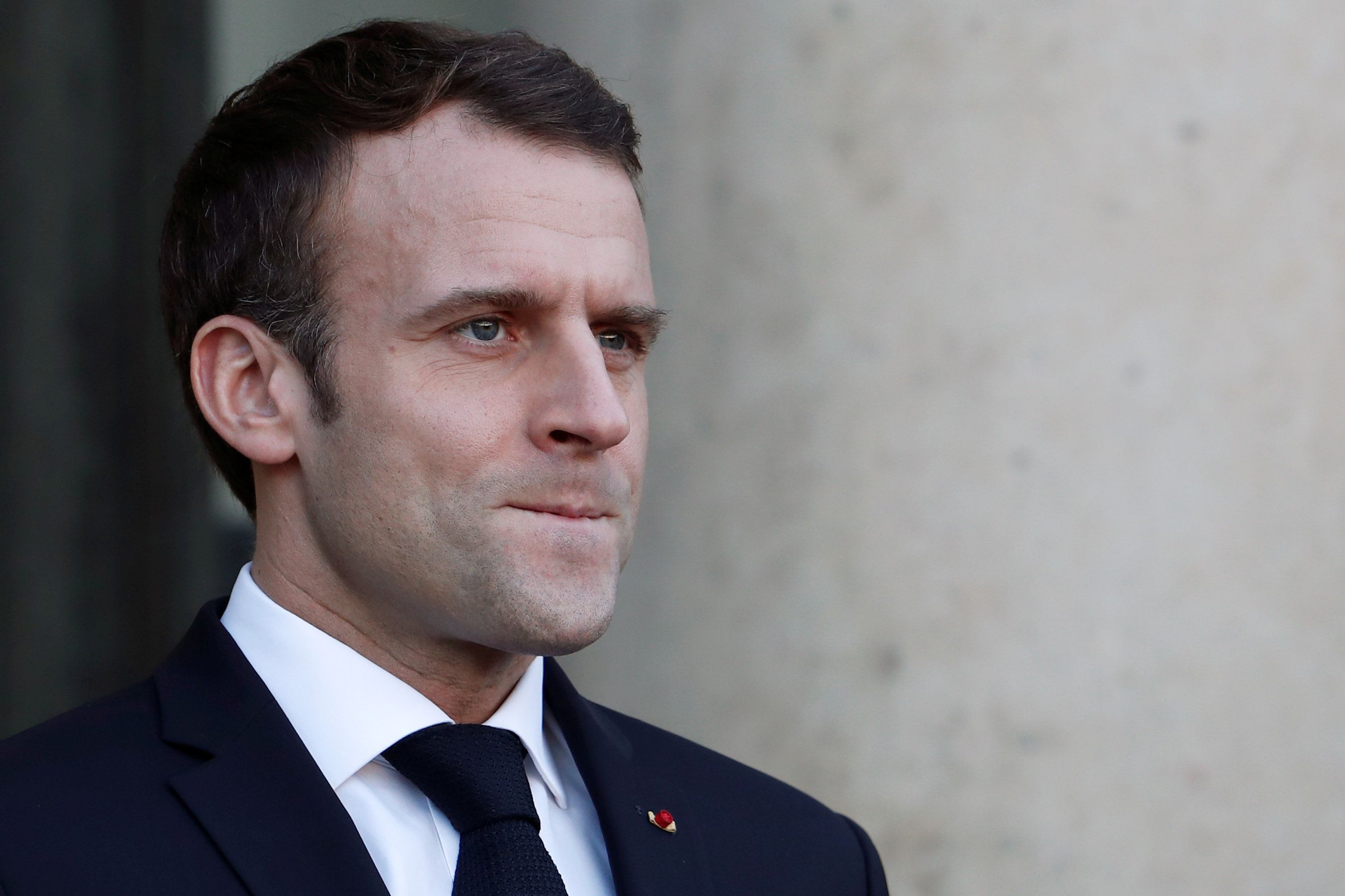Amid a domestic political crisis, France's Emmanuel Macron has found a useful scapegoat: Big Tech. This week, France became the latest European country to slap a new tax on big tech companies operating within its borders.
For Mr. Macron, the new digital tax solves two big problems at once. It raises much-needed revenue at a moment in which his decision to appease protestors by canceling a proposed carbon levy has put a 10-billion-euro hole in the government's coffers. While the tech tax is expected to raise a comparatively meager 570 million euros next year, it goes some way toward plugging that gap. It looks like the government moved up implementation of the tech tax, which it announced on Monday will now take place in January, for that very reason.
It also helps to solve a perception problem. Whacking Big Tech is an easy way for Macron to dispel the notion that he's more interested in enriching economic elites than helping out marginalized citizens. It's tough to think of a bigger bête noire than the world's most powerful, fastest growing firms who craftily park their revenues in low-tax countries to avoid paying a fair share. Support for the measure is overwhelming in France, with around 85 percent of people in favor.
Zooming out, the go-it-alone approach was something of a fallback plan for Mr. Macron, who earlier failed to convince EU members to back a bloc-wide version of the scheme after low-tax nations like Ireland and Luxembourg objected. France isn't the only country in the region that has opted for this route. The UK and Spain have recently announced similar digital tax plans.
Whether it's due to a perceived need to rein in Silicon Valley or pure political survival, or both, Big Tech's tax bill is on its way up.
More For You
Most Popular
5: US President Donald Trump added five new countries – Burkina Faso, Mali, Niger, South Sudan, and Syria – to the list of nations banned from traveling to the US.
With the release of its National Security Strategy, the Trump administration has telegraphed how the US intends to engage with allies, and what it expects from them.
